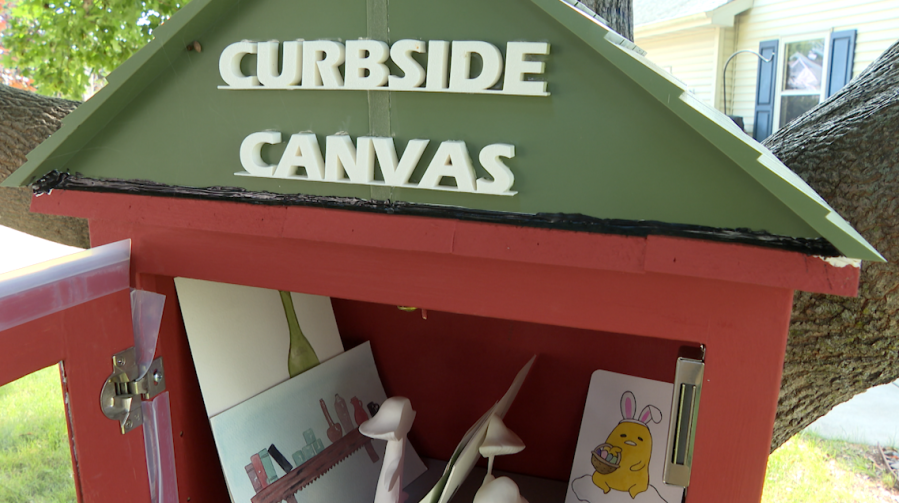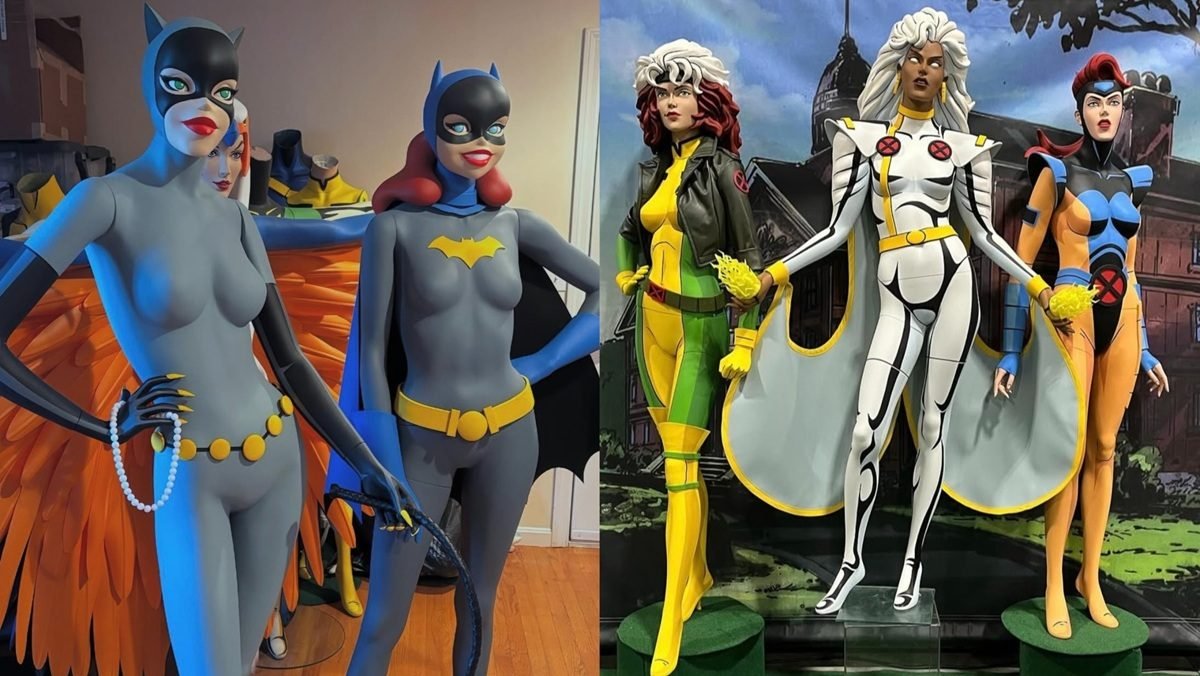
(Credits: Far Out / Phyllis Keating)
Is it possible to avoid an ego in the dizzying world of entertainment? Should it have to be avoided? Is a big head not the reward for a job well done, swollen from the applause of happy crowds reacting to a job well done? Ask Pete Townshend, and his answer would probably be “Yes, but…”
There is a line between a rightful ego and a detrimental one. All the greats deserve to have a rightful one, and by that I just mean the type of ego that looks more like self-assurance, confidence and the certainty that you’ve done well.
By the time someone like Pete Townshend had risen to fame in the 1960s, hopefully he had that. The Who deserved to have that confidence as they joined the ranks of the British invasion and the other bands around at the time who were changing the sound of rock and roll in the UK and then abroad too.
As they were writing full-scale rock operas, they deserved to have an ego as they pushed themselves even further, going beyond the standard checklist a band had to tick off to instead do something even more thorough and creative.
There’s good ego and bad ego, and The Who certainly had some of the bad side too, as is their wont. Each time Keith Moon would smash up a hotel room, or Townshend and Daltrey would get in a bust-up in front of the crowd, that was bad ego, as they would forget themselves for a second and instead simply seem to think that their status allowed them total freedom to be assholes.
One thing they didn’t do, though, was bring that ego into the studio. It didn’t touch the music, but for some of their peers, Townshend watched a big head make them get a bit silly.
He saw it particularly in one person: Rod Stewart. At first, they were all friends at a more humble time in their lives, as the guitarist recalled, “The Faces and The Who did a gig together at The Oval [in 1971]. It was such a great day, and they were such a great band”. He laid the praise onto the band, and Stewart too, as he added, “Rod’s got an incredible voice, their musicianship was lazy, super-cool, laid back, fun, funky, and Kenney Jones is a really tight drummer, so he held it all together”.
But then, in his eyes, things changed. The Faces’ third album, A Nod Is as Good as a Wink…To a Blind Horse hit the charts on both sides of the Atlantic while Stewart’s solo career was also taking off. With so much success at once, it’s obvious to guess what happened. There’s good ego and there’s bad ego, and Townshend thought Stewart fell into the latter.
“Rod became the face of The Faces, a sex symbol. And I hope he won’t mind me saying this, because I love Rod, but I think it kind of went to his head,” he said, cautiously critiquing him.
The story checks out. Cut to today and to his painfully cringey onscreen graphics of his own various victories or still desperately trying to pedal the old man as a sex symbol, and it seems that his head may still be touch swollen for good.
Related Topics






